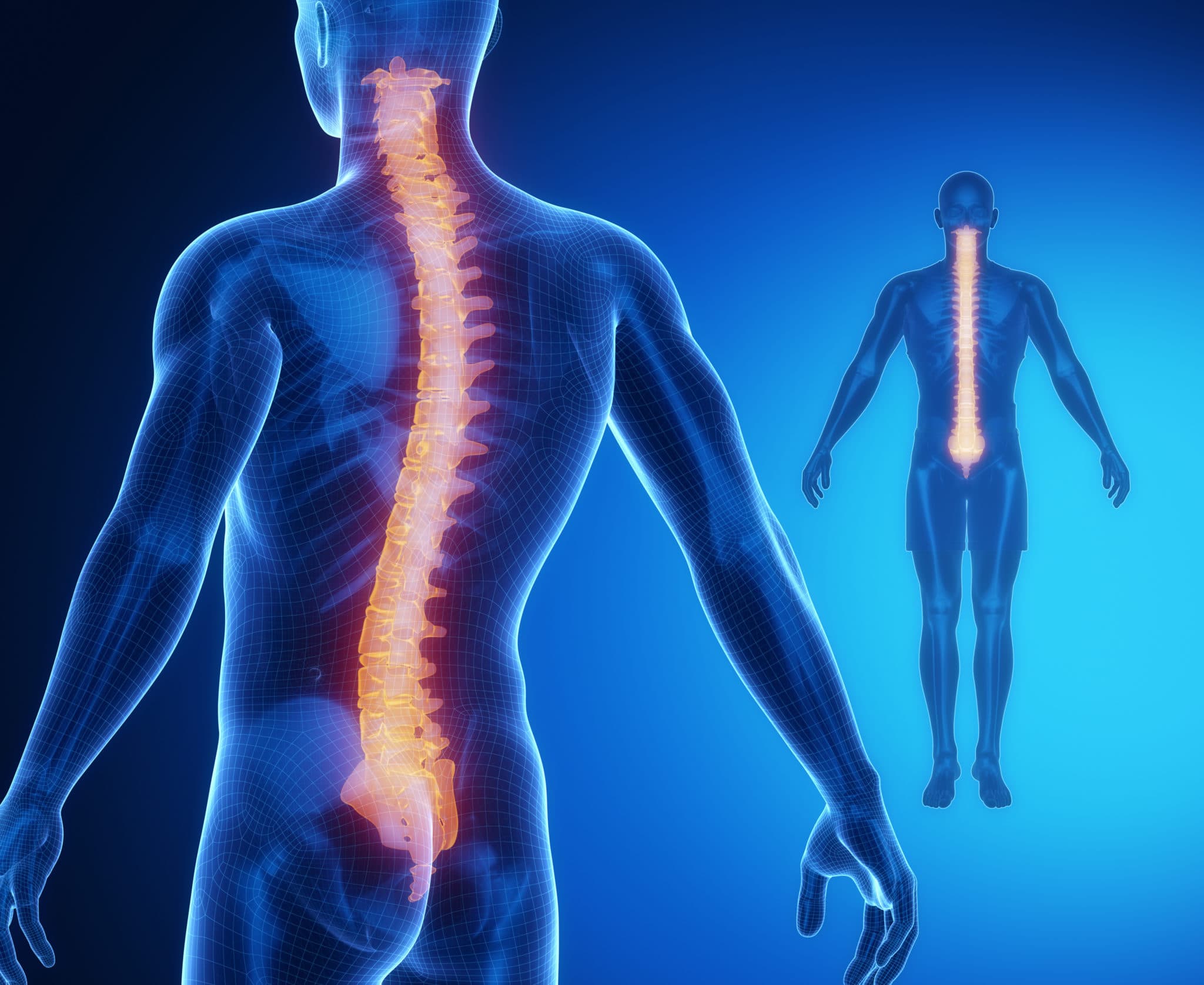Spinal cord injuries are serious and can be quite complicated. With that being said there are some things you may want to know about this common problem. One interesting fact – these injuries can affect just about every area of your life. This article sheds light on what spinal cord injuries are and the different types.
What is a spinal cord injury?
The spinal cord is an accumulation of nerves that stretches down the center of your back. It is responsible for transmitting signals from the body to the brain.
A spinal cord injury occurs when you damage the nerves at the end of the spinal canal. When you experience a hard hit that ruptures your vertebrae it damages the spinal cord’s ability to send signals. You may end up experiencing changes in sensation and other bodily functions below this area.
Luckily, it is rare that a spinal injury will actual tear all the way through the spinal cord. It is a serious issue because parts of the vertebrae could rip into the cord tissue or add so much pressure that it blocks the signals.
Types of spinal cord injuries
When it comes to spinal cord injuries, they are either incomplete or complete. Complete injuries occur when the spinal cord’s ability to transmit signals below the point of injury is lost. Unfortunately, this means your body is paralyzed below the injury.
Incomplete injuries are when you lose some motor or sensory function below the injury point.
Two types of incomplete injuries are:
Tetraplegia – Your hands, legs, arms and pelvic organs are affected by the injury.
Paraplegia – All part or a good portion of the legs, trunk, and pelvic region are affected.
There are signs and symptoms you can look out for so you know for sure if you have a spinal cord injury.
- Lack of sensation, which also refers to not being able to feel differences in temperatures
- No or less of ability to control your bladder and bowels
- You feel pain due to nerve damage in your spinal cord
- Lack of movement
- Problems with breathing, removing discharge from your lungs and coughing
- Extreme reflex spasms
Emergency signs and symptoms
- Serious pressure on the head, neck or back
- Loss of strength or paralysis in a certain part of the body
- Really bad back pain
- Loss of sensation in your fingers, toes, feet and hands
- Problems breathing
- Having a hard time walking
- No ability to control your bowels and bladder
Considering the fact that spinal cord injuries are a medical emergency, it is advised that you seek treatment right away to lessen the chances of serious long-term problems. If your injury is the result of someone else’s negligence, you should contact our office right away.
The Villarreal & Begum, LAW GUNS dedicates their time and effort towards helping people in Texas find justice for personal negligence encountered while living their normal, everyday lives.





